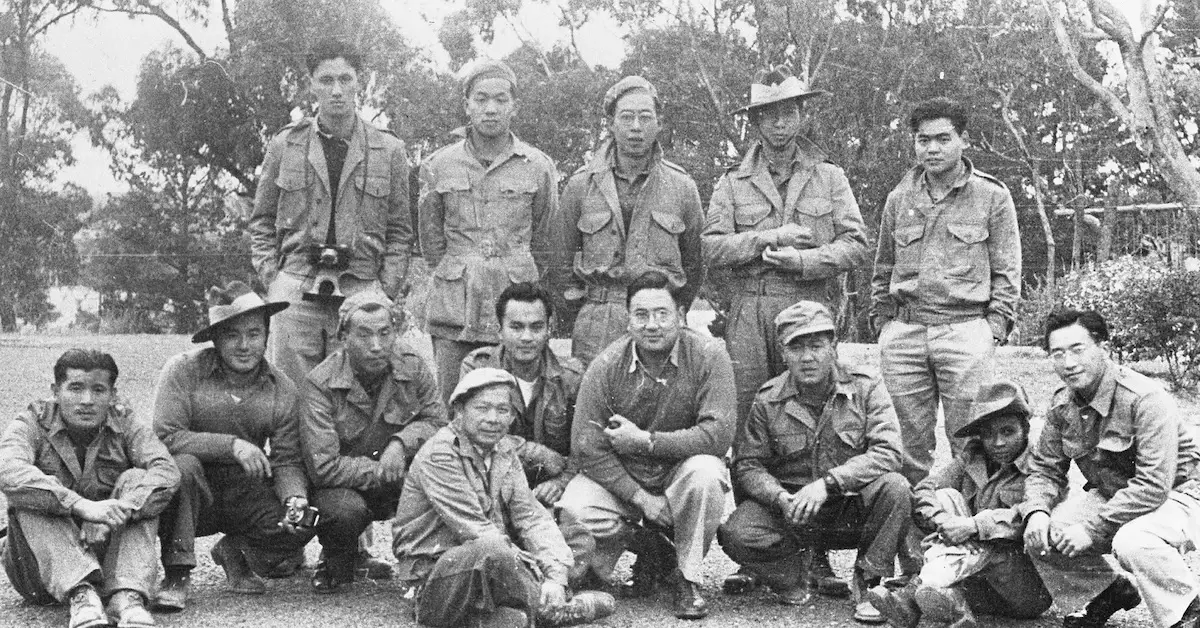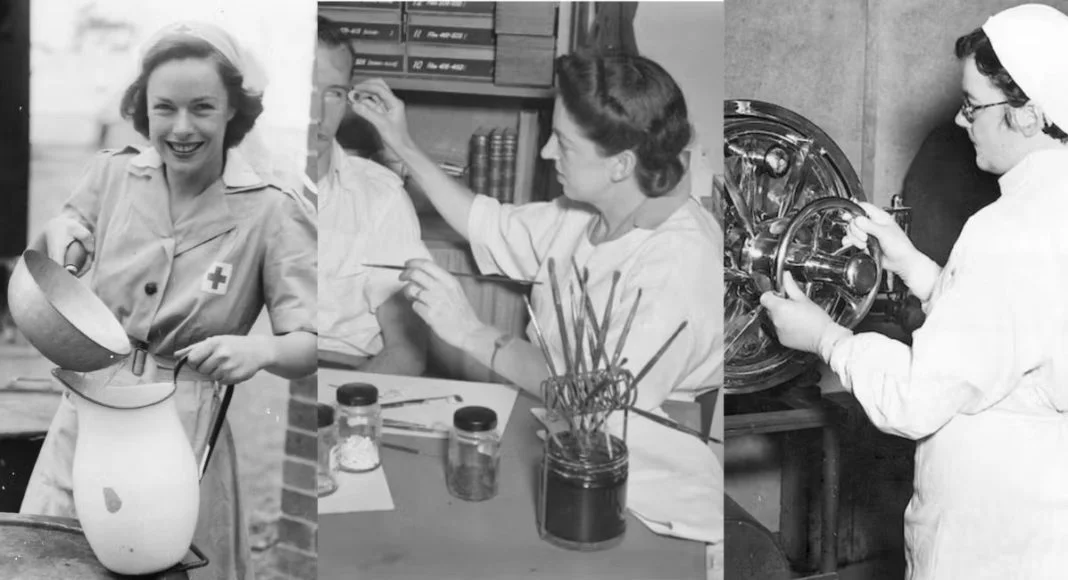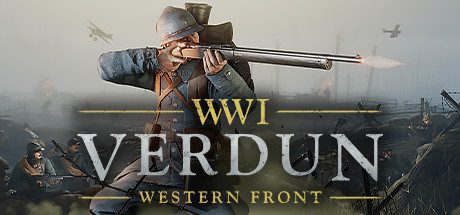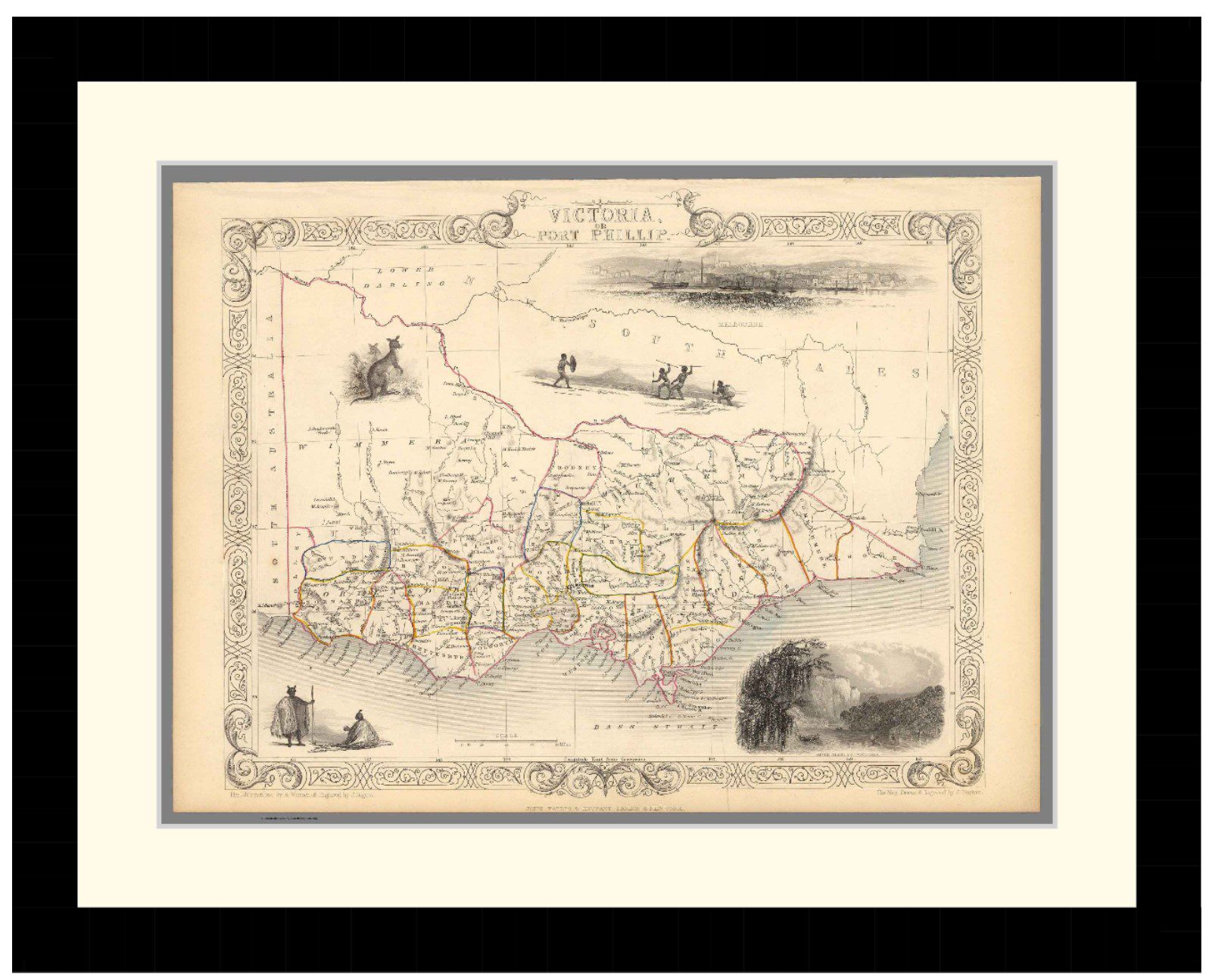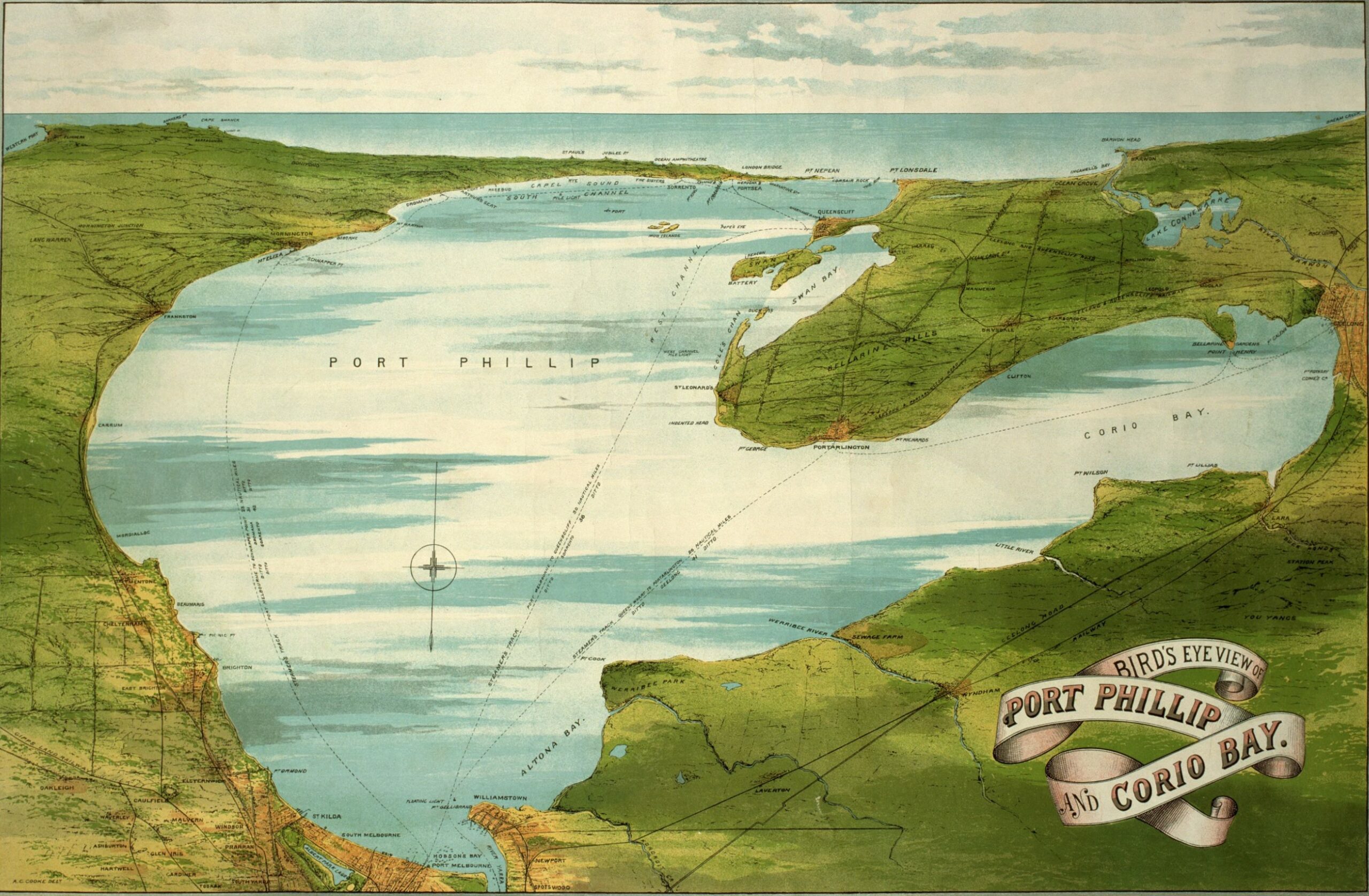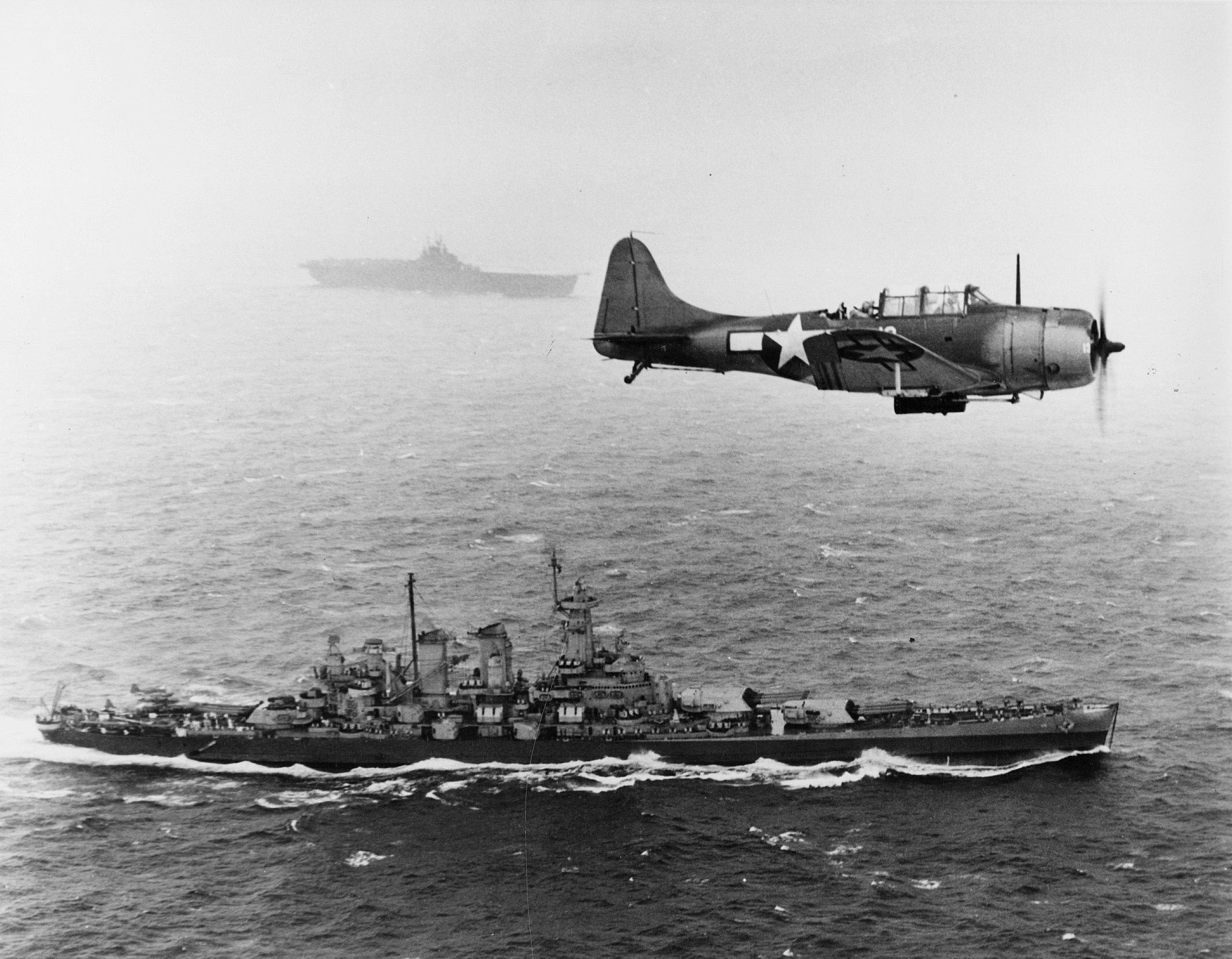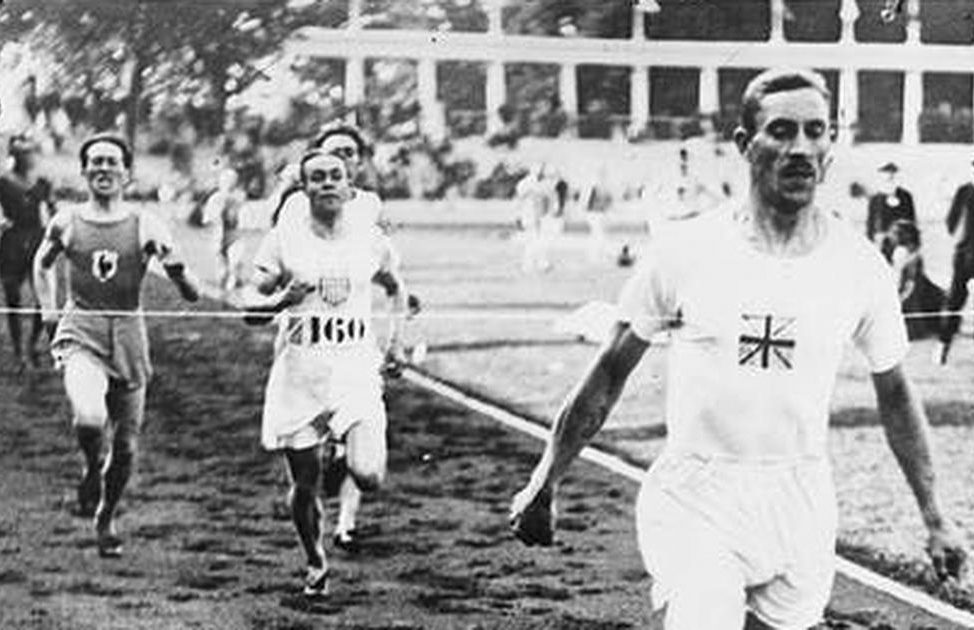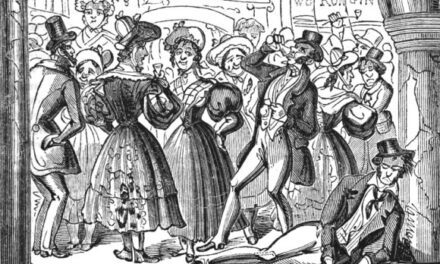Reading time: 5 minutes
It was ‘the biggest currency black market in history’, a secret operation under the auspices of the Special Operations Executive (SOE), Britain’s Second World War clandestine warfare organisation. This was Operation Remorse, a deeply imperial venture, dedicated to maintaining the commercial interests and prestige of the British Empire – sometimes acting in direct competition with its allies. Most significantly, it was a dramatic success. It returned over 15 times the money invested, a return totalling £77,741,758 at the time – about £2.5 billion today. It achieved this feat by smuggling valuable luxury items, trading wartime goods, and most profitably by manipulating exchange rates in illicit currency transactions on the Chinese Black Market. The money financed several British operations and organisations in China.
By Jonathan Cole.
In my work proactively opening SOE Personnel Files, I have encountered several personalities from this remarkable operation and its immediate predecessor, Operation Mickleham. I hope, in a series of entries, to use the files that I have opened to give a fuller picture of this area of special operations in the Far East. We must begin with Walter Fletcher, the man at the centre of the venture.
Walter Fletcher, ‘B/B.300’ – HS 9/519/5
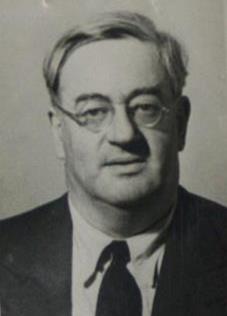
Walter Fletcher. From HS 9/519/5.
Fletcher tends to dominate discussions of Mickleham and Remorse. It is easy to see why: he was, one report declared, ‘large as life and twice as agile’. Some thought him rather larger. Colin Mackenzie, leader of the India Mission, described him at 19 stone as ‘gloriously fat’. Presumably one of the ‘glories’ of morbid obesity was that he had to be counted as two people whenever travelling by air, for safety reasons.
Born Walter Fleischl von Marxow, the son of a naturalised Austrian Jew, public-school and university educated, Fletcher trained in business before serving as a Major with the Royal Army Ordnance Corps during the First World War. Posted to East Africa, he nearly died of blackwater fever there, but he recovered and received recognition for his service with a mention in despatches and an OBE. In peacetime, he became a sisal planter in East Africa, and he later became the Managing Director of Hecht, Levis and Kahn, a rubber trading firm.
Credited with ‘an unusually brilliant mind and an equally stimulating personality’, but ‘at times, difficult to get on with’, Fletcher was perhaps an acquired taste: a sharp-tongued wit with an artistic temperament, his enthusiasm seems often to have bested him. Yet, he had many friends (even such notables as the Sultan of Zanzibar), and though regarded as ‘a bit of a dodgy character, really – almost a crook’, and ‘not exactly the person to be trusted with the private means of a widow or orphan’, he was remarkably generous in providing a wartime home for 40 children under the ‘Save the Children’ fund.
Politically a Conservative, he stood at the 1931 General Election, but stood down for a Liberal Candidate in the consequent Coalition Government. Energetic beyond his physical proportions, fond of reading Belloc, and an exhibited artist at the Royal Academy, he was described as a ‘true Bohemian’. Certainly, he was fond of the good life, as he admitted in a self-composed ditty:
“Garrulous, old, impulsive, vague, obese,
Only by luck not ‘known to the police’,
Wedded to Wine and Food, and oft-told tales,
Stuffed over-full, as foie gras is in quails.
A mind once keen, now almost in eclipse,
A figure, too, that looks like an ellipse;
This and no more, be Walter’s epitaph:
‘In War’s worst hour he sometimes made us laugh’. 18
‘Shouting match’ – Fletcher and SOE in 1940
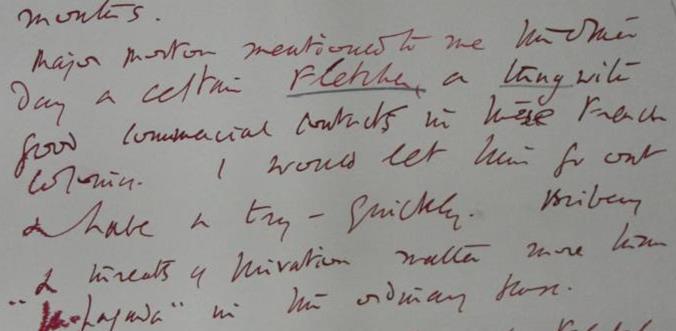
‘…a certain Fletcher, a thug with good commercial contacts in…French Colonies’. From HS 9/519/5.
Fletcher had been declared unfit to serve upon the outbreak of the Second World War. After some time spent brooding, he approached SOE in late 1940 about his peacetime speciality: rubber. He proposed trading in rubber with the French Colonies of North-West Africa, with the desired effect of demonstrating continued British commitment, even after the capitulation of France, while accumulating vital supplies. That this was Fletcher’s speciality was admitted in a backhanded fashion by Hugh Dalton, then Minister of Economic Warfare (SOE’s Ministry), who called him ‘a thug with good commercial contacts in [West?] French Colonies’.
In fact, it seems Dalton took an instant dislike to Fletcher – ‘He is not the type of man who attracts me’ – which probably owed equally to political ideology and personality clash. Dalton was an impeccably-educated upper-class intellectual – his father had tutored the future King George V.
He was also, however, a leading member of the Labour Party, and one of its few dogmatic Socialists. Many Conservatives considered him a class traitor – Churchill, for example, disliked, distrusted and often ignored him. Dalton was a ‘forceful rather than a loveable man’; with a booming voice, acute intellect and thrusting personality, many found him overwhelming. Though he earned the nickname ‘Dr Dynamo’ for his drive, he was also a tactless and abrasive bore, eternally mistrustful, with ‘a mischievous enjoyment of gossip’ and a tendency to make enemies. Throwing a restless Fletcher into the same room was unlikely to be productive.
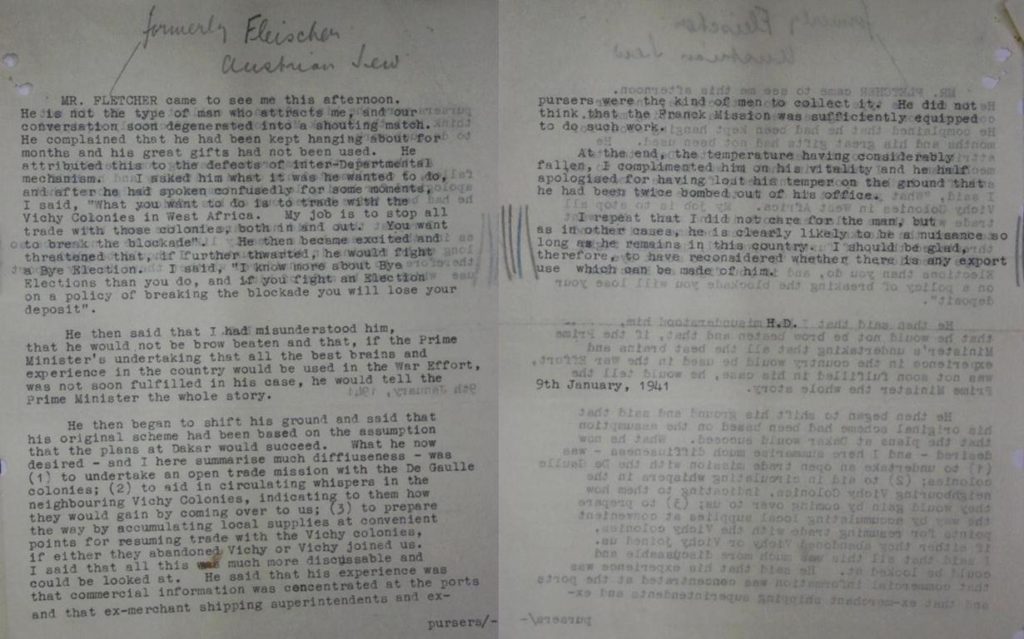
Notes from a ‘Shouting Match’ – Hugh Dalton’s memo concerning his argument with Walter Fletcher over smuggling in the French African Colonies. From HS 9/519/5.
Indeed, it was not. The department dithered about Fletcher’s proposal for months before declaring trade with Vichy Colonies impossible, since British policy was to blockade them. Fletcher’s frustrations at this poor handling eventually mastered him. He ‘sought a quarrel’ with Frank Nelson (then head of SOE), and a meeting with Dalton quickly devolved into a ‘shouting match’, which made him all the more keen to get rid of Fletcher quickly. Ultimately, an exasperated Dalton told Nelson to ‘Do no more about him’.
That might have been the end of it, but for the course of events: war would erupt in the Far East, and Fletcher would be called upon. In a future entry, I intend to look more closely at Operation Mickleham, Fletcher’s attempt to smuggle rubber from Japanese-occupied territories for the Allies.
This article was originally published in The National Archives.
Articles you may also like:

Intelligence agency’s 1981 assessment of climate-change threat was remarkably accurate
Reading time: 5 minutes
Australia’s national intelligence agency has released a report that ‘examines the implications of the increasing accumulation of carbon dioxide in the atmosphere as a result of the burning of fossil fuels, with special reference to Australia as a producer and exporter of coal’. It flags that ‘major economic and social adjustments’ are going to be required as a result.
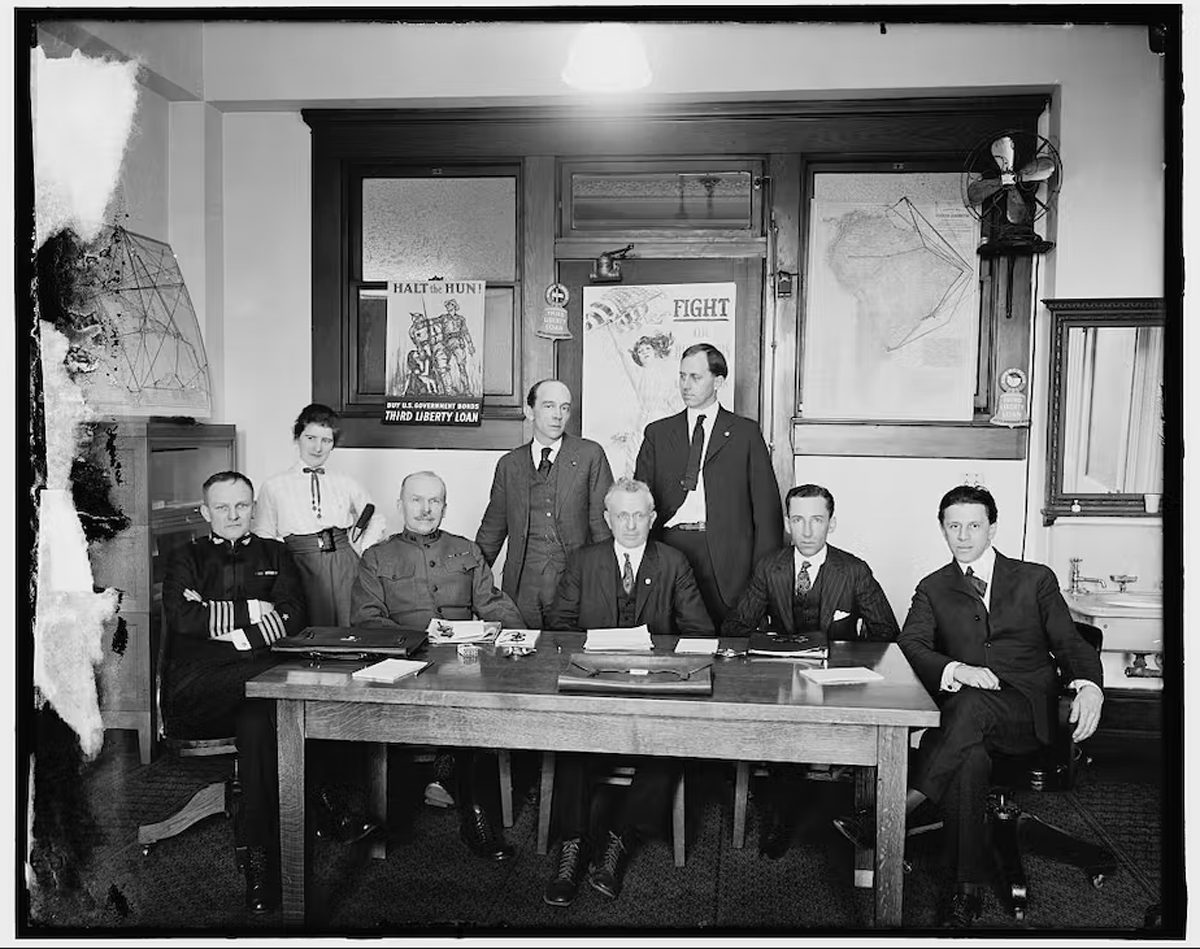
How Woodrow Wilson’s propaganda machine changed American journalism
Reading time: 8 minutes
When the United States declared war on Germany 100 years ago, the impact on the news business was swift and dramatic.
In its crusade to “make the world safe for democracy,” the Wilson administration took immediate steps at home to curtail one of the pillars of democracy – press freedom – by implementing a plan to control, manipulate and censor all news coverage, on a scale never seen in U.S. history.
This article was first published by The National Archives. It is reproduced in accordance with the Open Government Licence v3.0.

